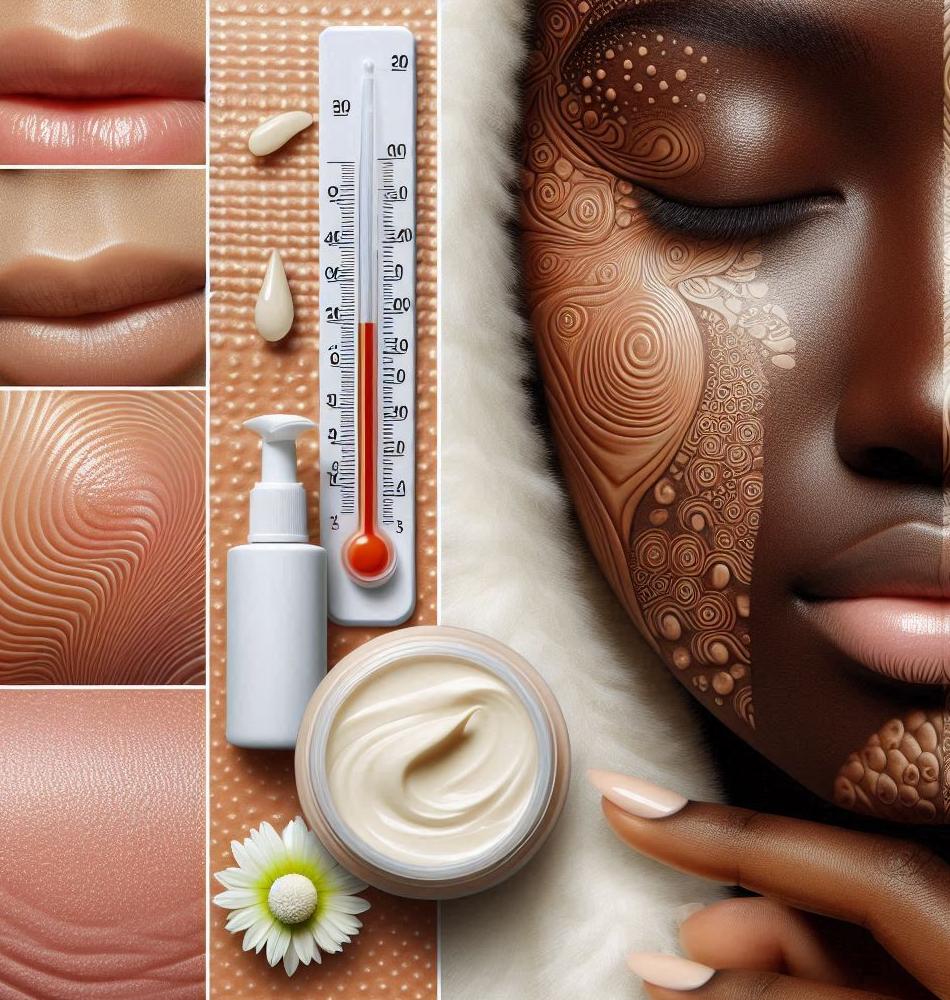Discover if atopic dermatitis can be cured or managed effectively. Understand its causes, treatments, and what living with this skin condition really means.
Introduction 🌟
For many individuals, the battle with atopic dermatitis is ongoing and filled with questions. Does atopic dermatitis go away? This common skin condition, characterized by inflamed and itchy skin, can cast a long shadow on the lives of those affected. From children to adults, the journey with atopic dermatitis can be as puzzling as it is uncomfortable. In this article, we will explore the nature of this condition, its causes, treatments, and ultimately answer that nagging question of whether it ever truly goes away.
Understanding Atopic Dermatitis 📜
What is Atopic Dermatitis? 🔍
Atopic dermatitis is a chronic inflammatory skin condition also known as eczema. It affects people of all ages but often begins in infancy or childhood. The symptoms primarily include:
- Dry, scaly patches of skin
- Severe itching, which may worsen at night
- Redness or inflammation
- Thickened, leathery skin in chronic cases
What Causes Atopic Dermatitis? 🧬
The exact cause of atopic dermatitis remains elusive, but multiple factors contribute to its development:
- Genetics: Family history can increase susceptibility
- Environmental triggers: Pollutants, allergens, and irritants
- Immune system dysfunction: An overactive immune response
- Skin barrier dysfunction: Impaired skin barrier leads to dryness and irritation
Does Atopic Dermatitis Ever Go Away? 🤔
The million-dollar question - does atopic dermatitis often go away completely? The answer is complicated. For some individuals, especially those diagnosed in childhood, symptoms may fade or disappear as they mature. However, for others, atopic dermatitis can persist for many years or even a lifetime.
Managing Atopic Dermatitis 🌈
While there may not be a definitive cure, atopic dermatitis can be managed effectively through various treatments and lifestyle adjustments.
Topical Treatments 🧴
Many people find relief with over-the-counter or prescription topical medications, which include:
- Corticosteroids: Reduces inflammation and itching
- Calcineurin inhibitors: Non-steroidal agents that decrease immune response
- Moisturizers: Help maintain skin hydration and barrier function
Systemic Treatments 💉
For more severe cases, systemic medications may be necessary, including:
- Oral corticosteroids: For short-term control during flare-ups
- Immunosuppressants: Such as cyclosporine for chronic situations
- Biologic drugs: Target specific pathways in the immune system
Alternative Therapies 🌱
Complementary therapies may also provide relief, such as:
- Phototherapy: Controlled exposure to ultraviolet light
- Diet modifications: Identifying and avoiding food allergens
- Stress management: Techniques like yoga and meditation
Living with Atopic Dermatitis 🌍
Living with atopic dermatitis requires not just proper treatment but also lifestyle considerations. Here are several strategies to thrive:
Skincare Routine 💧
A well-designed skincare routine can make a huge difference:
- Apply moisturizers immediately after washing to lock in moisture
- Avoid hot showers that can dry out the skin
- Choose gentle cleansers free from dyes and fragrances
Identifying Triggers ⚠️
Understanding individual triggers is crucial for maintaining clear skin. Common triggers include:
- Pollen
- Dust mites
- Pet dander
- Harsh soaps and detergents
Incorporating a Balanced Diet 🥦
A balanced diet laden with anti-inflammatory foods could potentially minimize flare-ups. Foods include:
- Fruits and vegetables high in antioxidants
- Fatty fish rich in omega-three fatty acids
- Whole grains that support gut health
Support and Resources 🤝
Support groups and resources can provide assistance and understanding for individuals facing atopic dermatitis. They offer a space to share experiences and coping strategies.
Frequently Asked Questions ❓
- Can atopic dermatitis be cured completely?
- What should I do during a flare-up?
- Are there any natural remedies that help?
- Is atopic dermatitis contagious?
- How can I differentiate between atopic dermatitis and other skin conditions?
Conclusion 🌟
In conclusion, while atopic dermatitis may not always go away completely, it is a manageable condition. Through a combination of treatments and lifestyle changes, individuals can find relief from the discomfort associated with this persistent condition. Ongoing research continues to shed light on this multifaceted issue, and support from healthcare professionals can provide guidance on navigating the journey with atopic dermatitis. Remember to embrace your skin and find empowerment in managing this condition, because at the end of the day, you have the strength to rise above it.

